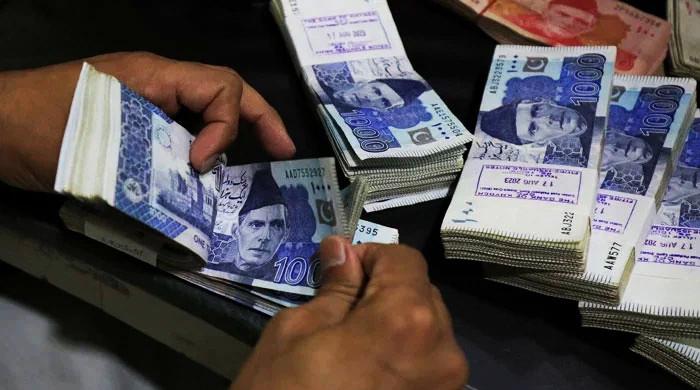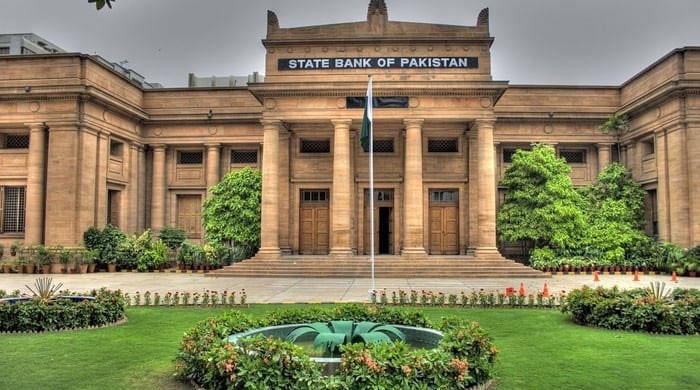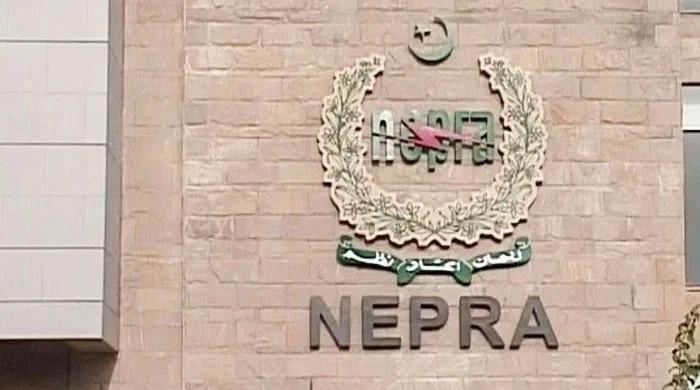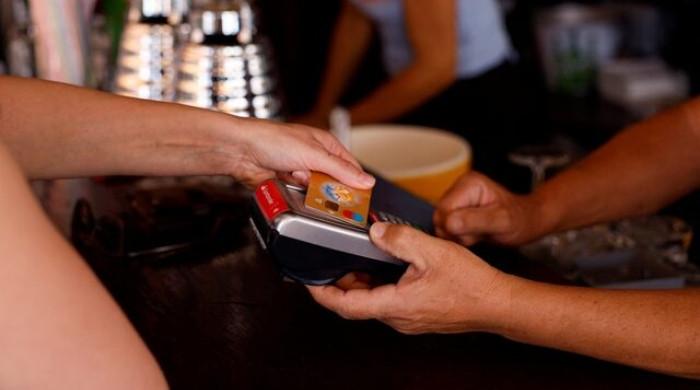Gold recovers lost sheen, bounces back to Rs196,100 per tola
Rising inflation once again shifts investors' attention towards the precious commodity
February 23, 2023
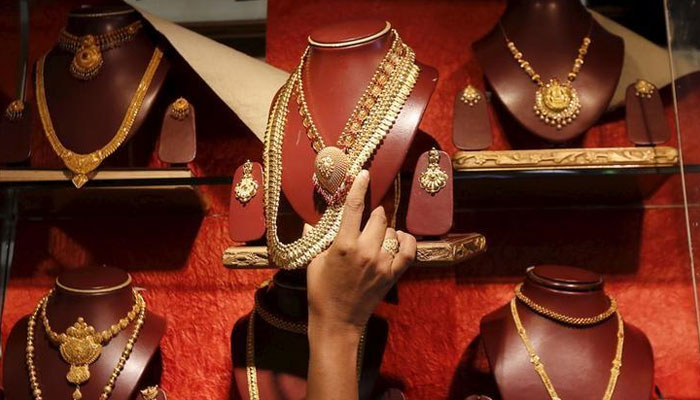
- Rising inflation once again shifts investors' attention towards gold.
- Silver price falls by Rs30 per tola in Pakistan.
- Gold price settles at $1,826 per ounce in international market.
Gold jumped on Thursday, bouncing back from the price shock received a day earlier to trade above the key Rs196,000 per tola level as record-high inflation once again shifted investors' attention towards the precious commodity.
Data released by the All-Pakistan Sarafa Gems and Jewellers Association (APSGJA) showed that the price of gold (24 carats) increased by Rs500 per tola and Rs429 per 10 grams to settle at Rs196,100 and Rs168,124, respectively.
Gold is considered an inflation hedge, but is highly sensitive to rising interest rates, which increase the opportunity cost of holding the non-yielding bullion.
Meanwhile, silver prices in the domestic market fell by Rs30 per tola and Rs25.72 per 10 grams to settle at Rs2,120 per tola and Rs1,817.55 per 10 grams, respectively.
In the international market, gold prices were little changed as traders waited for US growth data for more clues on the pace of Federal Reserve rate hikes and stronger dollar-capped advances. The price settled at $1,826 per ounce after a decline of $14.
Gold remains in a consolidation phase, but a firm GDP figure today would allow the Fed to keep rates higher for longer, which would be dollar positive and by extension weigh on gold, said independent analyst Ross Norman.
The dollar index held near multi-week highs.
However, bullion is probably getting a lift on news that Russia is to suspend its membership of the nuclear arms limitation accord, Norman added.
Gold may test the support of $1,816 per ounce, a break below which could open the way to $1,793, said Reuters technical analyst Wang Tao.
— Additional input from Reuters




